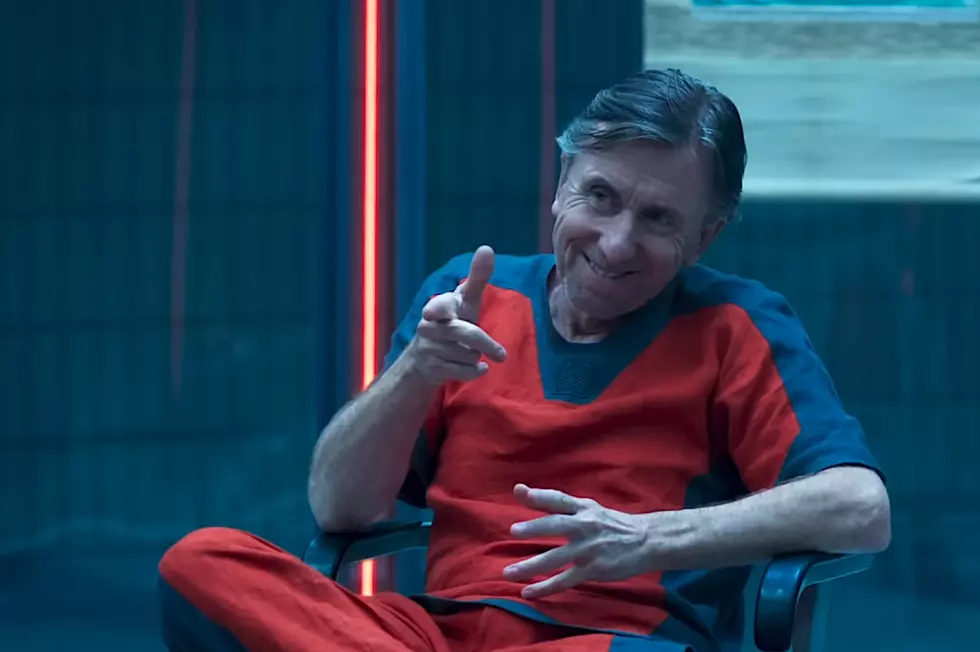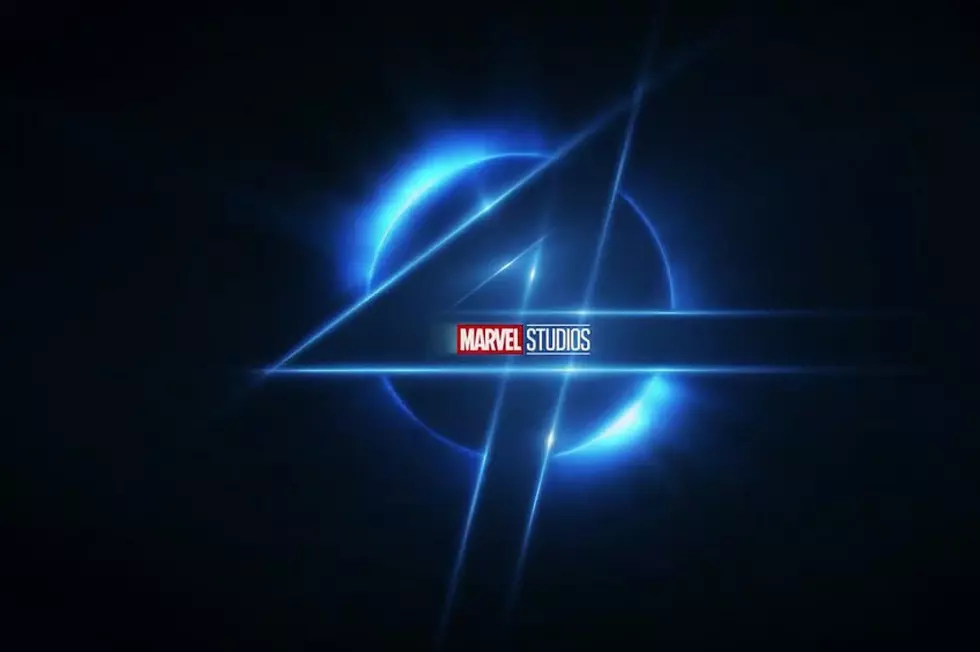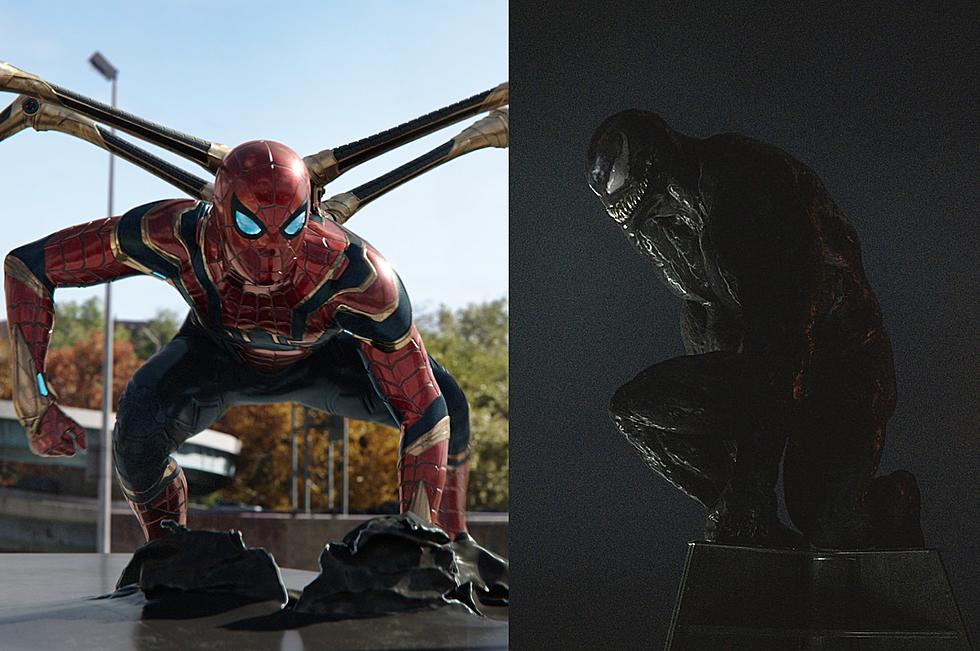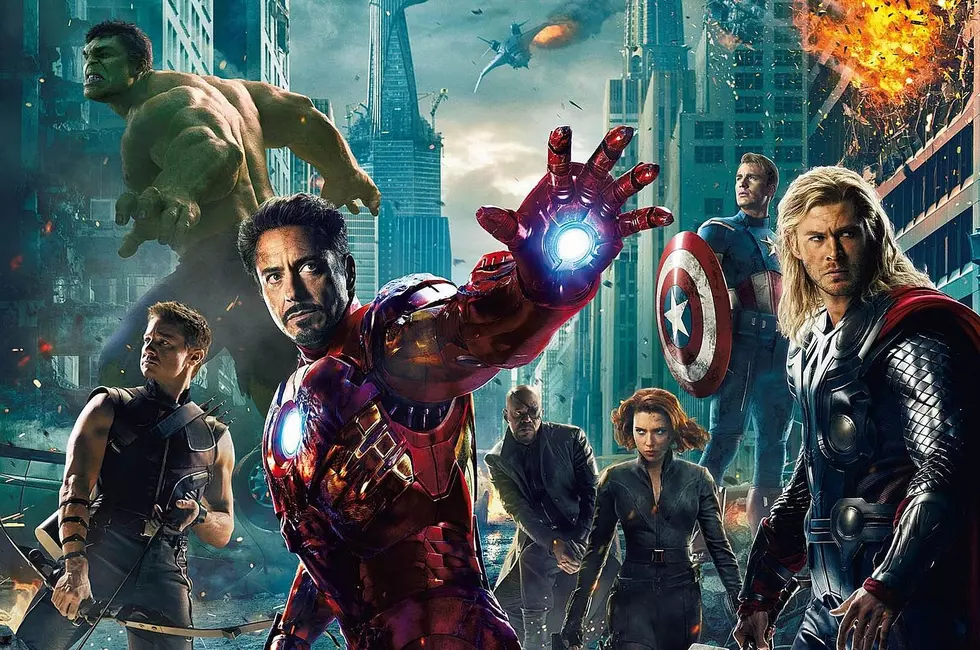
Review: Does Marvel’s ‘Punisher’ Violence Have a Place in 2017?
When word first broke of a Punisher spinoff, we were apprehensive at best. The character was borne of the ‘70s Dirty Harry and Death Wish grit, and his extreme methodology and antiquated viewpoint have made him an outlier of Marvel comics in the decades since. Daredevil Season 2 was wise to position the character as a dark reflection of Matt whose extremism needed to be kept in check. And if ever we had questions about the character’s brand of gun-toting, hyper-macho aggression warranting a series in 2017, Marvel postponing The Punisher’s premiere in deference to America’s real-life gun problem seemed to answer them.
To its credit, The Punisher doesn’t position itself as a lone gunman shoot-em-up for very long. The character barely sports his trademark skull, instead allowing Jon Bernthal to rebuild Frank Castle in the aftermath of all that. It’s a familiar story; the tortured warrior trying to lead a quiet, peaceful life (here hammering away the pain as a bearded construction worker), before dumb yokels and the ever-present specter of violence pulls him back in. Therein lies perhaps the series’ greatest challenge – to reconcile how it engages with today’s culture of violence. Should we see Frank Castle as the cheer-worthy badass who grunts his way through bouts of ultra-violence, egged on by a death metal soundtrack that frames his brutality as heroism? Or is there tragedy in a man who knows no respite from his violent memories but further bloodshed?
The Punisher seems to skirt that question by splitting itself into three different series. On the one hand, there’s Frank drawn back into his crusade, pursuing leads on a deeper mystery behind the gangland shooting that killed his family with the aid of David “Micro” Lieberman (Ebon Moss-Bachrach), a rogue NSA analyst similarly torn from his family, both eager to clear their names. Another, more Homeland-esque series follows Amber Rose Revah’s Dinah Madani as she rises through the ranks of Homeland Security, bristling against the men who would stifle her investigative instincts toward a military conspiracy. Third, and perhaps most ambitious, is a veteran support group drama led by Jason R. Moore’s Curtis Hoyle, as he navigates the rigors of PTSD and the manner in which institutions fail returning soldiers.
That last notion is where Punisher does its most thoughtful work, earnestly tugging at the sort of gun violence that a character like Frank Castle otherwise glorifies. One particular thread follows 11.22.63 alum Daniel Webber as a soldier who can’t shake the military mentality; digging foxholes in his own backyard for a good night’s sleep, and desperately trying to re-enlist with a private military outlet. There’s even a requisite NRA nut preaching about the Second Amendment, in a manner that seems almost like the origin story for a mass shooter. It’s the furthest story from the overall narrative, but one that’s sure to resonate with the military culture that forms much of The Punisher’s fanbase. Perhaps no visual captures the dehumanization and discard of soldiers than a CIA boss watching a mission on his laptop through split-screen helmet cameras – almost as if it were a video game. The Punisher is much better served exploring that concept than the stylized violence it glorifies early on.
The Punisher lives or dies on whether Jon Bernthal makes Frank someone worthy of our empathy, and the former Walking Dead star’s frightening intensity is easily the series’ most redeeming quality. The first six episodes sent to critics almost comically lean on visions of his family’s violent end, but The Punisher does come alive when Bernthal settles into an Odd Couple partnership with Micro, or when a surrogate family of sorts reawakens Frank’s humanity. The family theme hovers over quite a bit of the series, with the bonds between soldiers in a unit, or the push-pull relationship Madani has with her therapist mother (Shohreh Aghdashloo). It’s the best theme we have to link these three disparate series, which don’t truly start to converge until midway through the season anyway.
The good news is that The Punisher is less reliant on bloodsport and action than we might have feared, but there’s still a good deal to answer for. The very opening credits fetishize the mechanics of firearms with slow-motion smoke plumes that read like a James Bond intro absent half-naked women in silhouette. There’s a military-minded audience The Punisher will likely resonate more strongly with, while others may feel alienated. It’s the strong supporting cast and thorough examination of PTSD I’ll come back for, as not even the series seems to think a skull-sporting action hero is the most interesting concept it can muster.
AND ANOTHER THING …
- Apart from Deborah Ann Woll’s Karen Page, The Punisher might have the least references to The Defenders or overall MCU yet. That said, we may have our second example of an actor double-dipping in the franchise.
- Seriously, if you thought Batman v. Superman was over the top, wait until you see The Punisher murdering Frank’s wife and kids for the umpteenth time.
- There’s an interesting, almost Mr. Robot style of framing we haven’t seen from any of the other Marvel Netflix series.
- Ben Barnes is making a career of playing cocksure jerks.
- I think Punisher may have given the MCU its first naked (human) butt?
All episodes of The Punisher Season 1 will premiere on Friday, November 17.
Gallery – Every Marvel TV Superhero, Ranked:
More From 1130 The Tiger










